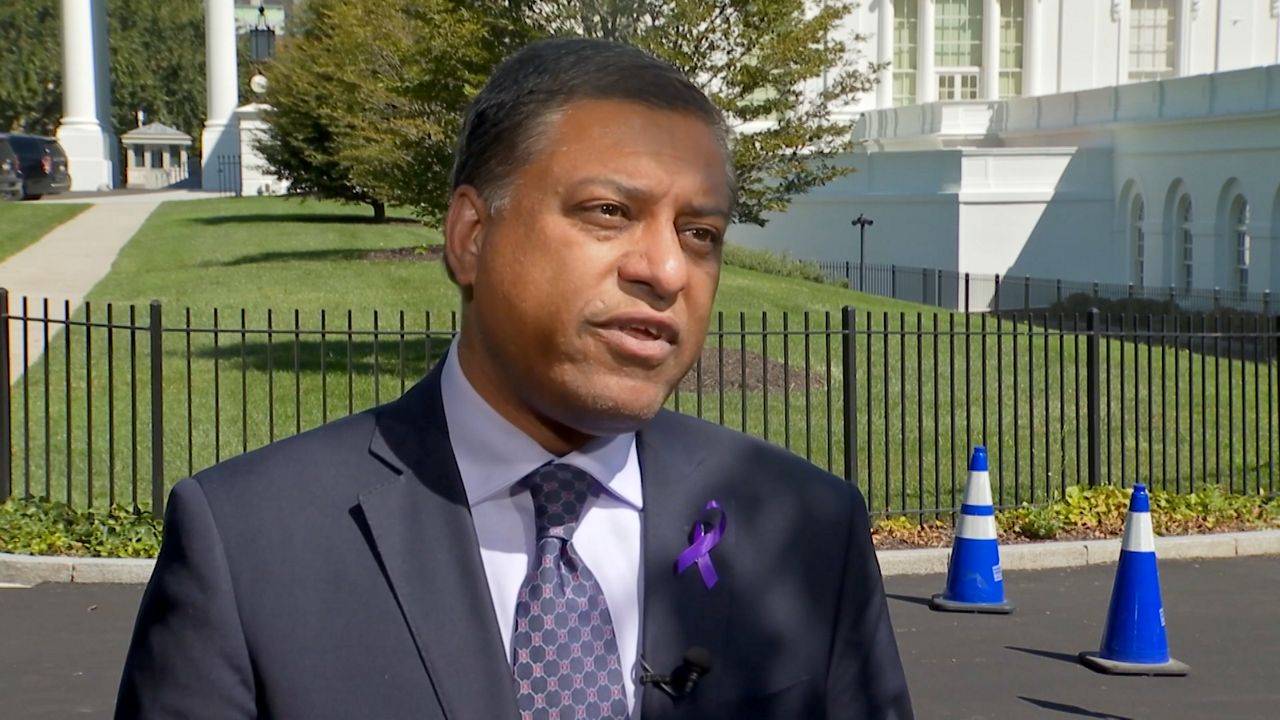MADISON, Wis. — While International Overdose Awareness Day was recognized on Thursday, President Joe Biden and his administration extended that declaration this whole week to put attention on the devastation caused by fentanyl and other illegal drugs.
As part of the effort, families from across the country were invited to the White House for a conversation about the crisis, including a mom from Oconomowoc, Wis.
Lauri Badura lost her son, Archie, in 2014 to a substance laced with fentanyl. Since then, she has made it her mission to fight the crisis by founding an organization called Saving Others for Archie (SOFA).
“I’m going to be a powerful voice that makes a difference, and I’m not afraid to make people uncomfortable with talking about this issue,” Badura explained.
The opportunity to have those conversations with others who have gone through what Badura did was a powerful experience.
“Some were parents, some were brothers, some were sisters, aunts, uncles, that have lost a loved one just like I did and to be able to have a small discussion and share with either the National Drug Control Policy that was at our table or a White House staffer, what do you think we can do to end this epidemic,” Badura said.
Thursday was not just about talking, as the Biden administration announced it would put $450 million towards combating the opioid epidemic.

The money will be used to support overdose prevention and harm reduction efforts, which Dr. Rahul Gupta, who serves as the Director of National Drug Control Policy at the White House, said is critical.
“This is about saving lives first,” Dr. Gupta said. “We need to do work more across communities to remove the stigma of this disease of addiction, which is a brain disease and not a moral failing. Secondly, the way that we save lives is to make sure that we have naloxone or NARCAN available for people. We heard from so many families that lost their loved one because that naloxone wasn’t available when they needed it.”
For Badura, those resources cannot come soon enough.
“And I’m happy that there’s more funding, but I had hoped, to be honest, that there was going to be something else that maybe they were going to unveil because it’s been nine years, and I’m so sad for these families,” Badura added. “I didn’t think in 2014 that I would be here nine years later.”
The funding announced by the White House on Thursday will also be used to treat addiction, for recovery services, and to disrupt the supply of opioids, including fentanyl.



